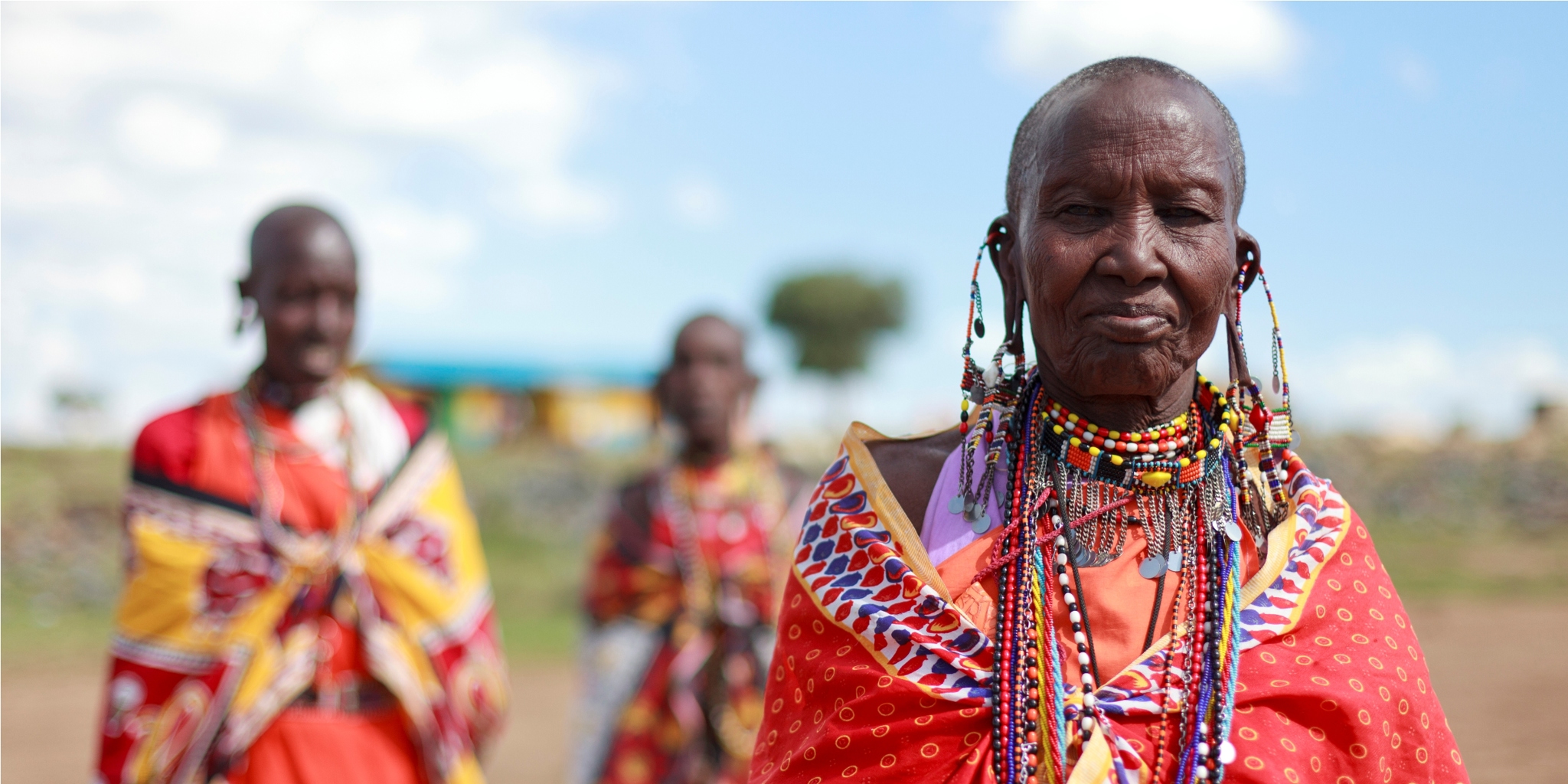One of Africa’s greatest charms is its wonderful people. Many diverse ethnic groups lead semi-nomadic lifestyles, moving with the seasons to find food such as game animals and plants, as well as water. Several camps that we recommend offer the opportunity for you to spend time with the tribes to learn more about their fascinating traditions. We avoid going to places where there is staged authenticity, where people perform dances for money. This is not what we believe in and we want to ensure that a visit will be beneficial both to you and to your hosts, preserving the nomadic culture for future generations.
Cultural Safaris in Africa
Africa is where the first humans evolved! As well as outstanding natural beauty and amazing wildlife, the continent has a strong cultural heritage.
Our top destinations for a cultural safari:
1. Botswana

In Botswana the San people, also known as Bushmen, are one of the various groups of indigenous hunter-gatherers but are thought to have been the first inhabitants of the country as we know it today. The San presence is especially apparent in the Tsodilo Hills region, where rock art paintings and stone tools are thousands of years old.
Two of the best camps offering rewarding experiences and a gentle introduction to the Kalahari and Bushmen’s way of life are Jack’s Camp and San Camp. Both are situated on the edge of the vast and mysterious Makgadikgadi salt pans, the remnant of an extinct super-lake that once covered most of Botswana. They offer guests a walk into the bush with the men, women, and children of the local tribe, who point out the distinct ecological characteristics of the area as well as the animals, bird species, and the uses of plants and wildlife.
Camp Kalahari, on the edge of the pans, also offers captivating morning walks with the Zu’hosai Bushmen, providing an insight into the past as well as showcasing their survival skills for living in this harsh environment. We believe meeting with the Bushmen is a truly uplifting experience.
2. Tanzania

A visit to East Africa provides an opportunity to check out the range of cultures and traditions of this region’s peoples. There is an impressive fossil record, telling the stories of all the peoples who have lived here. Tanzania offers a real insight into the various cultures, backgrounds, and religions. The country contains some 130 different tribes, most with their own traditions, culture, and language or dialect.
There is a big Arab influence on Zanzibar, which is shown by the diversity of the population, a mix of Shirazi (from Persia), Arabs, Comorians (from the Comoros Islands), and Bantu from the mainland. Stone Town is the ancient and cultural heart of Zanzibar. Designated a UNESCO World Heritage Site, it is immersed in history! You can explore the winding labyrinth of narrow alleys leading to colourful bazaars, passing by many mosques and grand Arab houses with their intricately carved and brass-studded wooden doors. An amazing assortment of spices is available on the island, and the tasty cuisine reflects all the cultural influences.
Faru Faru Lodge, Sabora Tented Camp, Sasakwa Lodge, Oliver’s Camp, and Ubuntu Camp are just several properties in Tanzania that are committed to supporting local community developments. They address such issues as education, natural resource management, enterprise development, and water management – and they encourage guests to visit the communities to experience the success of these projects first hand.
3. Kenya

Heartland of the Maasai warrior, Kenya has a history and culture that stretches for centuries back through time. Gazing across the Maasai Mara National Reserve’s vast and dramatic savannas, visitors are amazed by the countless herds of cattle and goats. Samburu National Reserve offers a rich diversity of habitats that encompass montane forests and acacia grasslands. Home to the semi-nomadic Samburu, closely related to the Maasai, this is an area that provides some spectacular safari encounters, as the waters of the Ewaso Nyiro River attract a steady stream of animals to its lush banks. Exploring these fascinating cultures helps to give you a true understanding of these precious places, as well as of the challenges that the bush people face. Rekero Camp and Naboisho Camp are set up in areas where tourism has little footing, and both properties have made long-term commitments to allow these places and the people who live in them to prosper. During visits to the villages, you are treated to a wealth of East African cultural experiences – you can try your hand at herding cattle, barter for goods in a local soko (market), and interact with school children. Most of the camp guides come from local communities and enjoy the opportunity to show you their homesteads and traditions.
4. Namibia

A visit to Namibia reveals a diverse culture within the country as well as a strong German influence, with historical architecture in Lüderitz and Swakopmund redolent of 19th-century Germany. Kunene River Camp, located in a remote area in the north, on the Angolan border, is one of the finest places in Namibia for connecting with the local Himba tribes – here nomadic tribes live off one of the most arid landscapes in the world.

Let us help you create your own bespoke African safari.
Get matched with a dedicated Yellow Zebra expert and plan the adventure of a lifetime
 UK / International
UK / International
 USA
USA
 CA
CA
 Australia
Australia



















